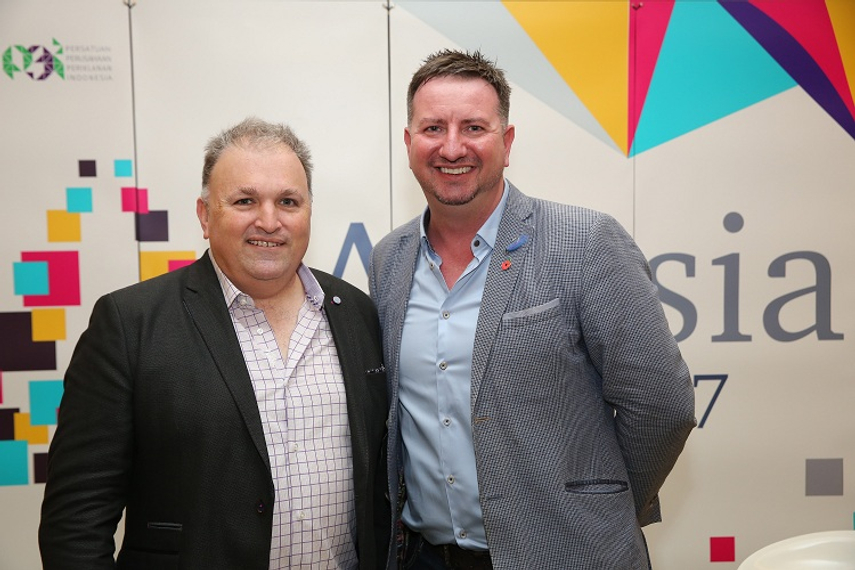
Please sign in or register
Existing users sign in here
Having trouble signing in?
Contact Customer Support at
[email protected]
or call+91 022 69047500
AI is the new god and techno religion will change the world, say Kaleidoko's Jonathan Tavss and Dean Donaldson.

Contact Customer Support at
[email protected]
or call+91 022 69047500
Top news, insights and analysis every weekday
Sign up for Campaign Bulletins
The latest ad films and campaigns from brands like Wizikey, Royaloak, Royal Challenge Packaged Drinking Water, and more, in our weekly roundup.
EMVIES receive 1,779 entries from 33 agencies this year with 443 entries being shortlisted for evaluation.
Following the news that fashion retailer H&M will use AI to create digital 'twins' of 30 models, we explore if it's a good idea, and what it might mean for creative campaigns.
The acquisition marks a further alignment of the two companies, holding a combined value of $113 billion.